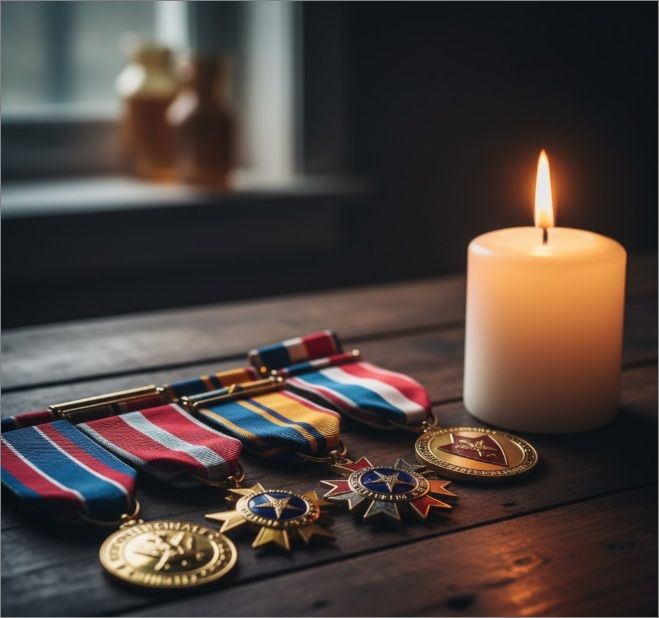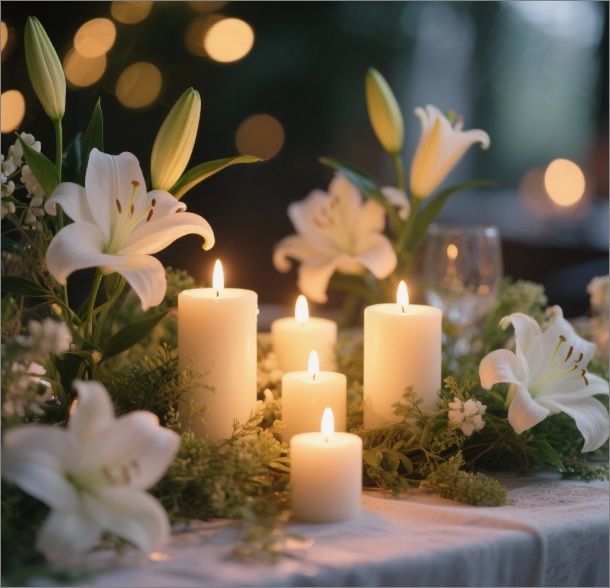Who Can Officiate a Funeral? Here’s What You Need to Know
Are you struggling to find the right way to honor a loved one on their death anniversary? Here are six simple ideas that can help you mark this difficult day.

Funeral homes serving Saskatoon, SK, play a vital role in helping families plan their loved one’s farewells. They provide support, guidance, and resources to help families navigate this difficult time. A critical aspect of planning a funeral is choosing the funeral officiant. Below, we’ll discuss who can officiate a funeral and the roles and responsibilities of funeral officiants.
Funeral officiants lead funeral services, including delivering eulogies and leading prayers and play a crucial role in helping families navigate the grieving process. While many people might think that only religious figures can officiate funerals, the truth is that there are many different types of officiants, including non-religious ones.
Who Can Officiate a Funeral?
- Religious Leaders
Religious leaders such as pastors, priests, rabbis, and imams are often called upon to officiate funerals for their congregation or those within their community. They are ideal for funerals heavy on religious themes.
- Celebrants
Celebrants are professional non-religious officiants trained in creating personalized and meaningful ceremonies that reflect the deceased person’s beliefs, values, and personality. They work with families to create a unique and personal ceremony that honors the life of their loved ones.
- Funeral Directors
Funeral directors oversee all aspects of the funeral, including the ceremony itself. In some cases, funeral directors may also act as the officiant. This can be a helpful option for families who may not have a specific person in mind to lead the service.
- Family Members or Friends
In some cases, family members or close friends may want to officiate the funeral of their loved one. While this is not a traditional route, it can be a way to make the ceremony more personal and intimate. However, unless the family member or friend is a trained officiant, this may require some light training and understanding of what funeral officiants do.
What Do Funeral Officiants Do?
- Meet with the family before the funeral
The officiant will meet with the family to discuss their wishes for the service, including any special readings, music, or rituals they may want to include. This ensures everyone is on the same page and families know what to expect on the day.
- Prepare the Ceremony Based on the family’s wishes
The officiant will create a ceremony that reflects the deceased’s personality and beliefs. This may include writing and delivering a eulogy, leading prayers, and coordinating special readings or music.
- Lead the Service During the funeral
One D-day, the officiant will lead the service, guiding attendees through the various elements of the ceremony. They will also ensure a respectful and dignified atmosphere throughout the service.
- Offer Support in addition to leading the service
Funeral officiants also offer emotional support to the family and attendees. They may provide comforting words, offer guidance on coping with grief, and connect families with local grief support resources.
Funerals are emotional events where families are mourning and tensions run high. In times likes this, a funeral officiant steps in to take charge and make this day a little bit easier for everyone involved. With a clear understanding of the roles and responsibilities of an officiant, you can work with your local funeral homes serving Saskatoon, SK, to find a suitable one for your service.











